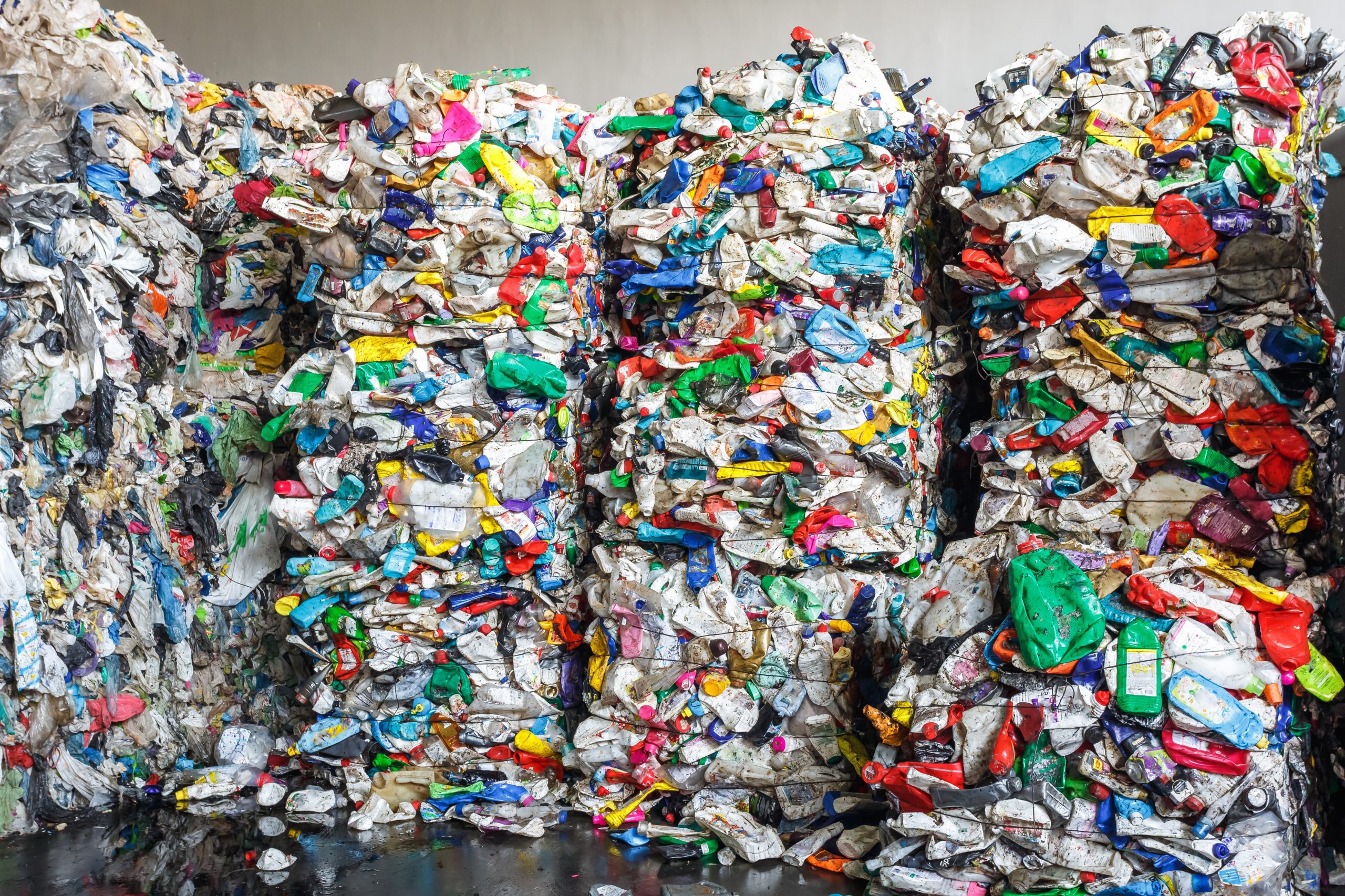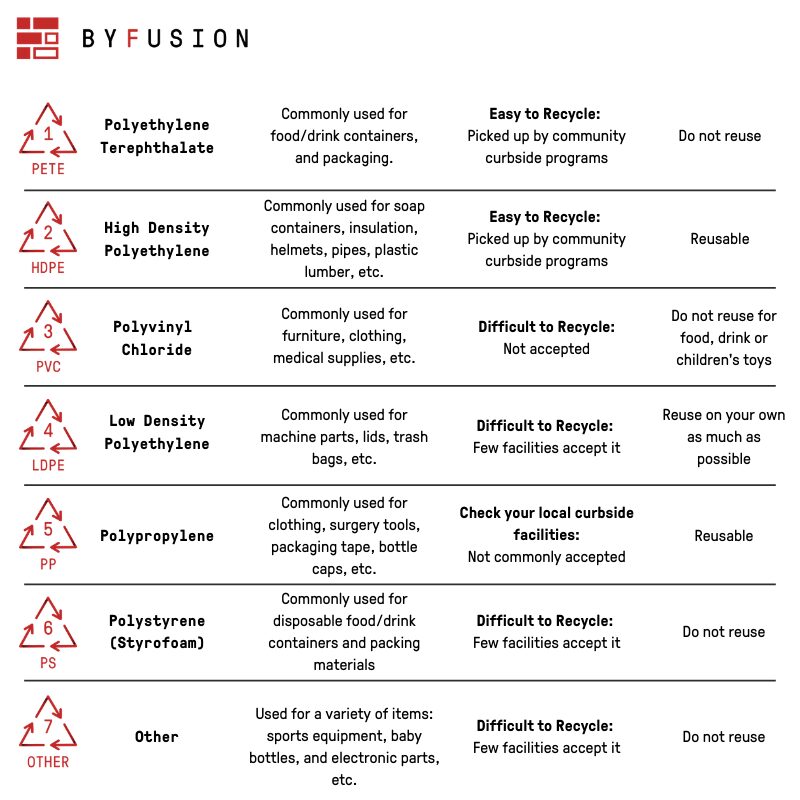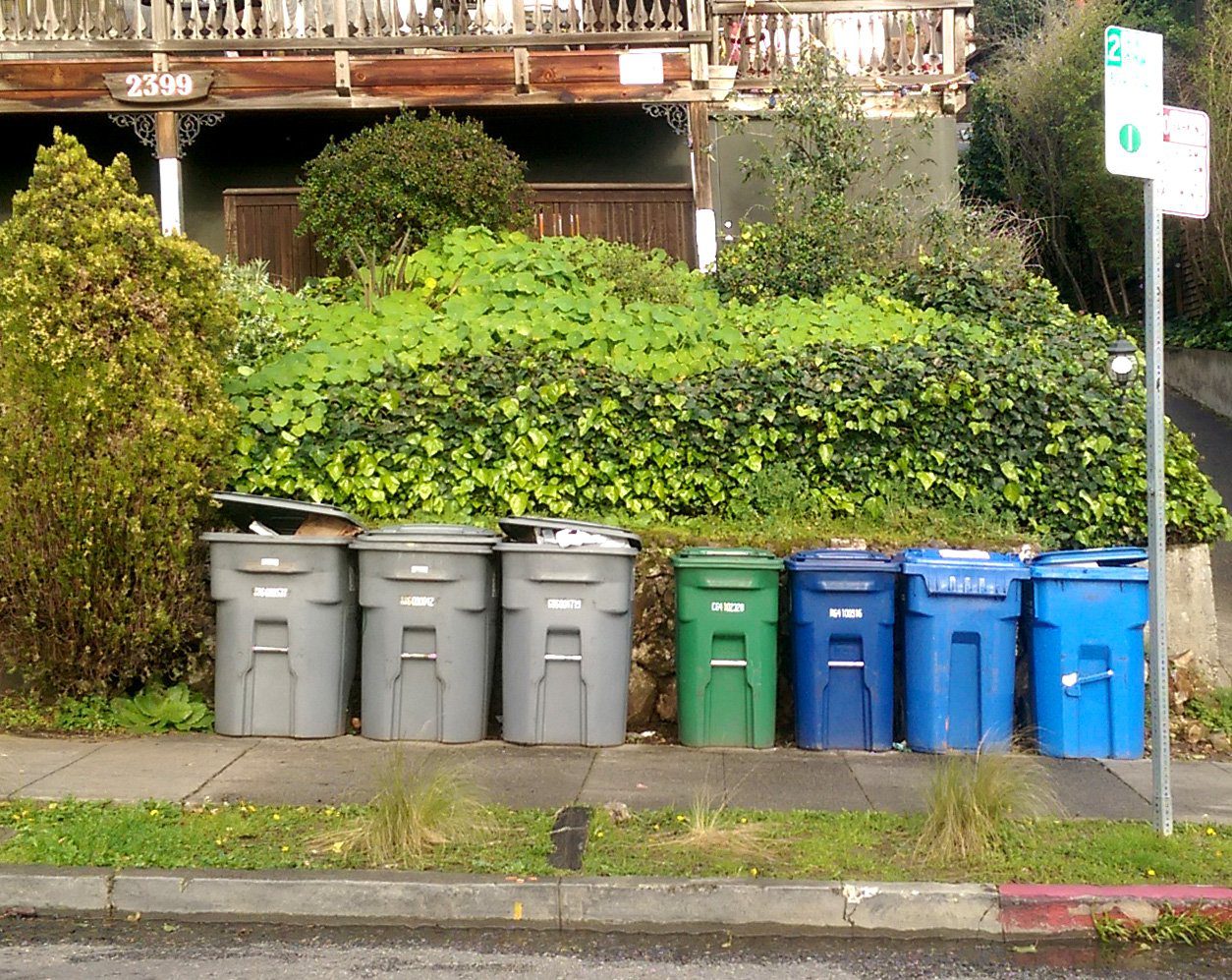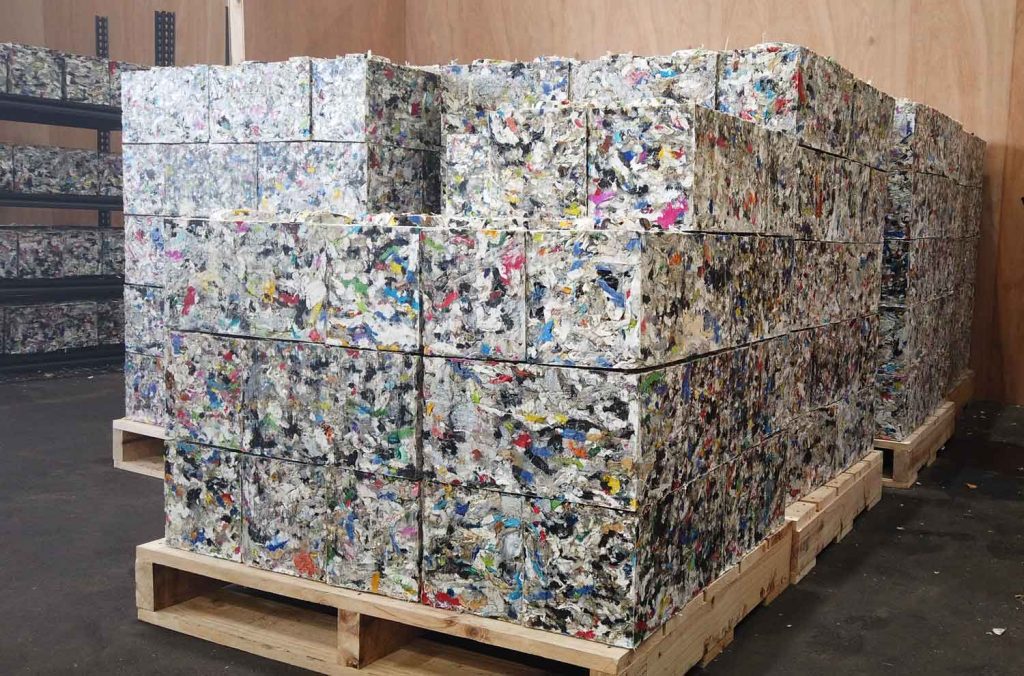
Plastic is a material we are all familiar with, from the everyday shopping bag to the parts in your car. But what do we really know about plastic after we’ve fulfilled its first use?
The first thing that comes to mind is recycling, of course. We take our bags, cups, bottles, and more– separate the plastic from the other trash, and drop them in the blue bin; which then gets taken away and presumably processed to recreate new plastic consumables from the old ones, in a sort of cycle.
Unfortunately, this process is not actually a cycle at all, but rather a linear relationship leading to a far fewer ratio of plastic recycled than plastic inputted into the system. This may not be news to you, as the flaws in our recycling system have been increasingly exposed– but to what extent?
Is All Plastic Recyclable?
The short answer is no. But let’s dive a bit deeper to understand which plastics are and which are not. Plastics are categorized through a number system 1 through 7 indicating it’s recyclability. The numbers are labeled (usually at the bottom) on consumer products to help us sort our waste correctly.

Recycling by Numbers
Plastics 1 and 2 are most commonly accepted by recycling facilities, while 3 through 7 are rarely accepted, rendering them landfill waste in most regions. With only 2 out of 7 types of plastic waste getting recycled regularly, even if the process was endless, those are discouraging odds for the environment and low income communities, which bear the brunt of overflowing landfills.
On top of that, the recycling process is not endless– recycling of plastics 1 and 2 is limited by the number of times the product can be repurposed before the material is too weak to hold a new shape.⁵
Check in With Your County

All county curbside recycling facilities have different regulations and protocols. Therefore, it is important to look up and/or contact the facilities picking up your bins to understand exactly how to separate your waste. In regards to recyclable containers for food, drink, cleaning supplies, hygiene products and more, the best recycling practice is to wash out the remaining product with water before tossing it into the recycling bin. Oftentimes, any contamination in a grouping of plastic waste can spoil the entire batch, leaving them bound for the landfill.
Is Plastic Waste Processed Locally?
Unfortunately, for many years plastic waste was shipped overseas to China for industrial processing. This method was already full of problems, such as increased emissions due to transportation as well as a lack of direct regulation for workers and the environment.
However, in 2018, China enacted the “National Sword” policy, which banned the import of plastic and other recyclables to their country for processing. This caused extreme strain on the United States’ ability to effectively recycle the vast amount of plastic waste being produced. Without adequate recycling infrastructure within the U.S., a large portion of our recyclables are now being sent to landfills, reducing the beneficial impacts of consumer efforts to understand and sort their plastics diligently.
Plastic Isn’t the Problem, Endless Plastic Waste Is
It’s time we reevaluate our relationship with plastic. As a material, plastic is dynamic, durable, and capable of long term purposeful use, such as for life saving medical supplies, transportation needs, electronics, sports, and even energy efficiency.

ByFusion has come up with a simple innovation to our plastic waste problem. Our systems clean and convert low-value plastic waste into a construction-grade building material called ByBlock. The industrial machine used to manufacture the ByBlock, called the Blocker, can be installed into materials recycling facilities and all other recycling locations to increase revenue and/or decrease costs, achieve diversion targets, and help facilities meet community and environmental goals. Plus, the equipment is built for scale, allowing it to be implemented in almost any facility, big or small.
ByFusion has already taken on and completed successful community projects using ByBlocks such as an athletic pavilion at Island School in Kauai, Hawaii in partnership with Surfrider Foundation– Kauai Chapter, as well as a lifeguard tower on Bruce’s Beach in Manhattan Beach, California. Additionally, ByBlocks will soon be offered at general hardware stores for all your home improvement projects alongside bulk ordering for larger scale community infrastructure improvements.
We have a goal: Recycle 100 million tons of plastic by 2030. With support from all sides, we believe this can be possible. We can reshape the future of plastics, improve community infrastructure across the globe, facilitate job creation, and eliminate plastic waste from our environment. Join us and learn more at ByFusion.com!
